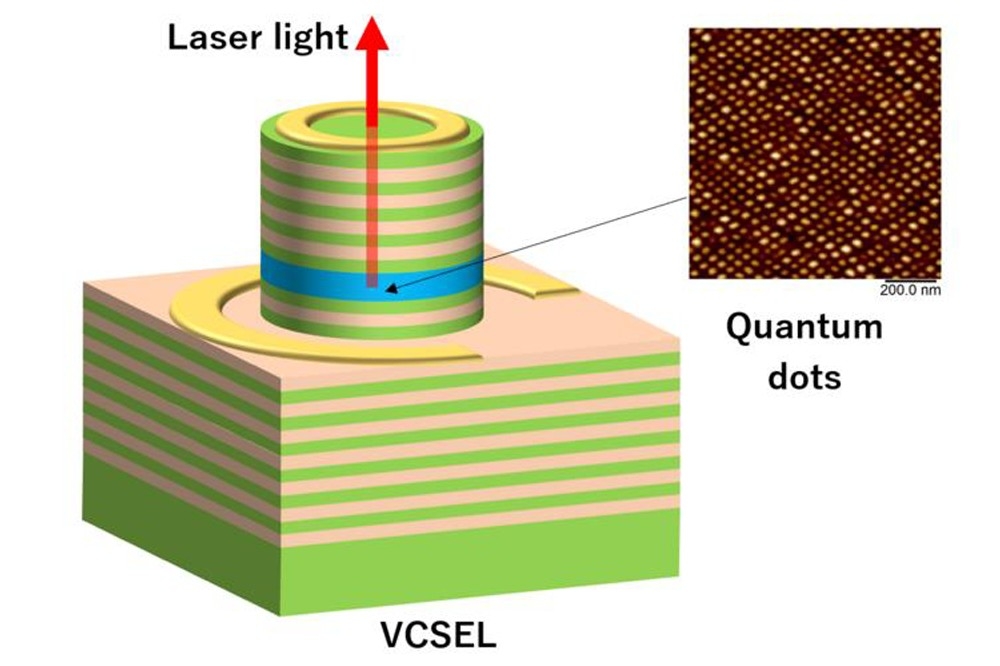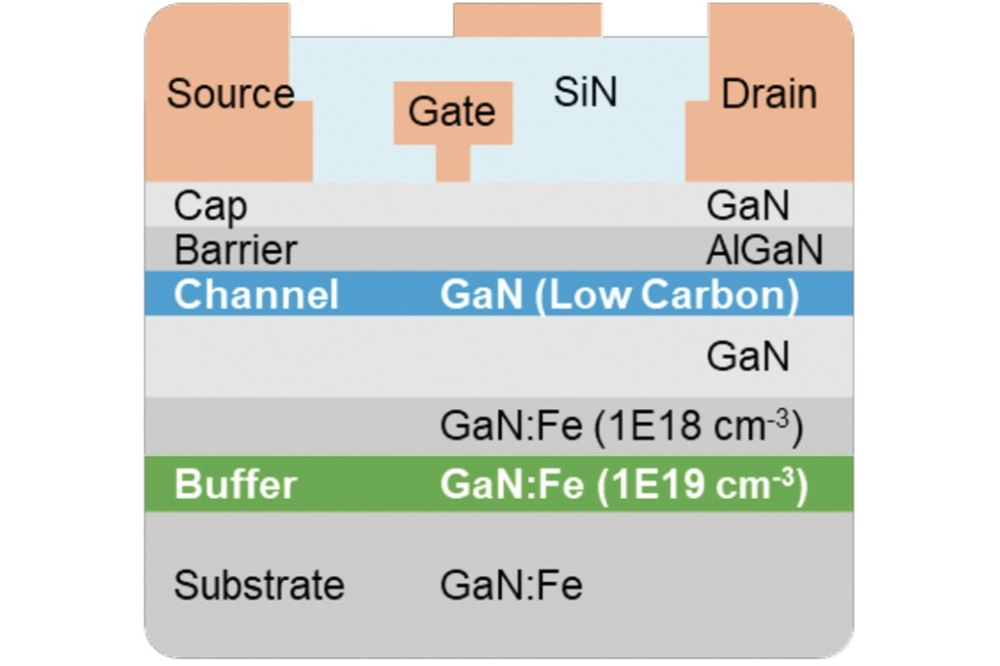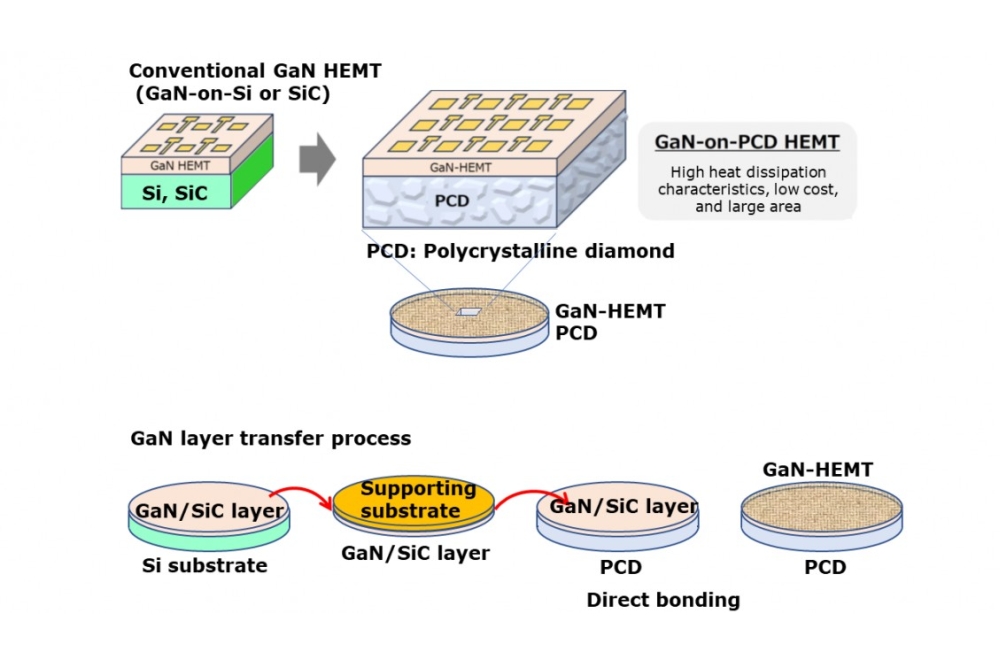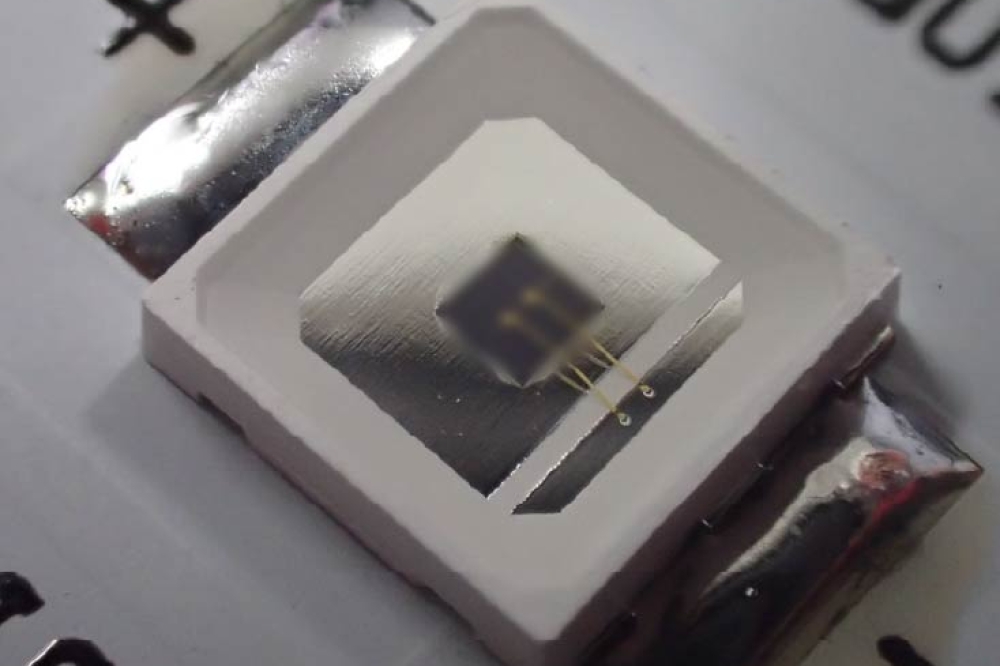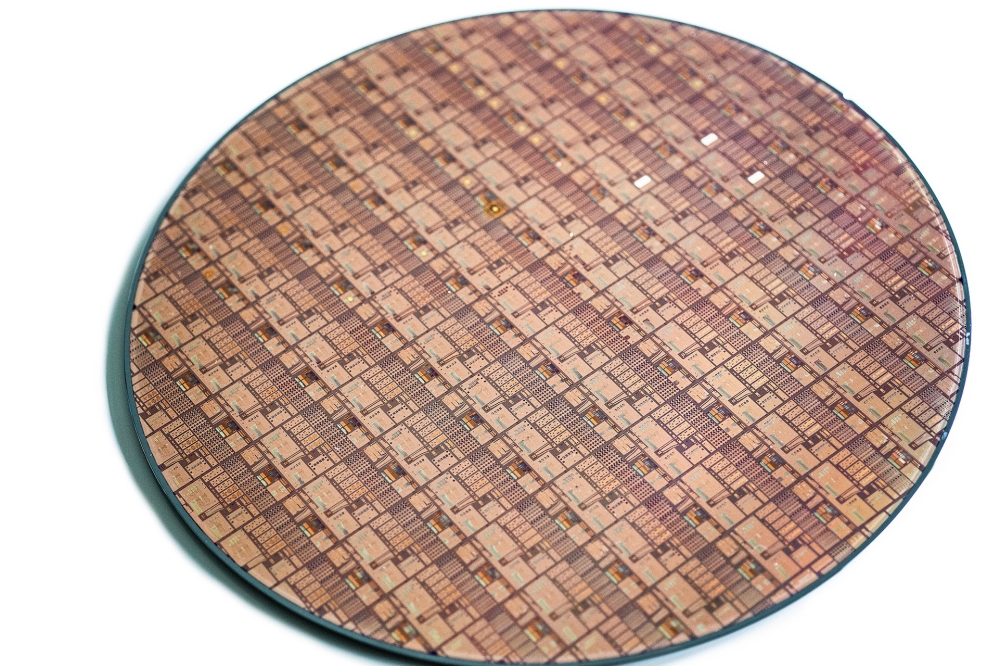US researchers to use AI to speed up MMIC design
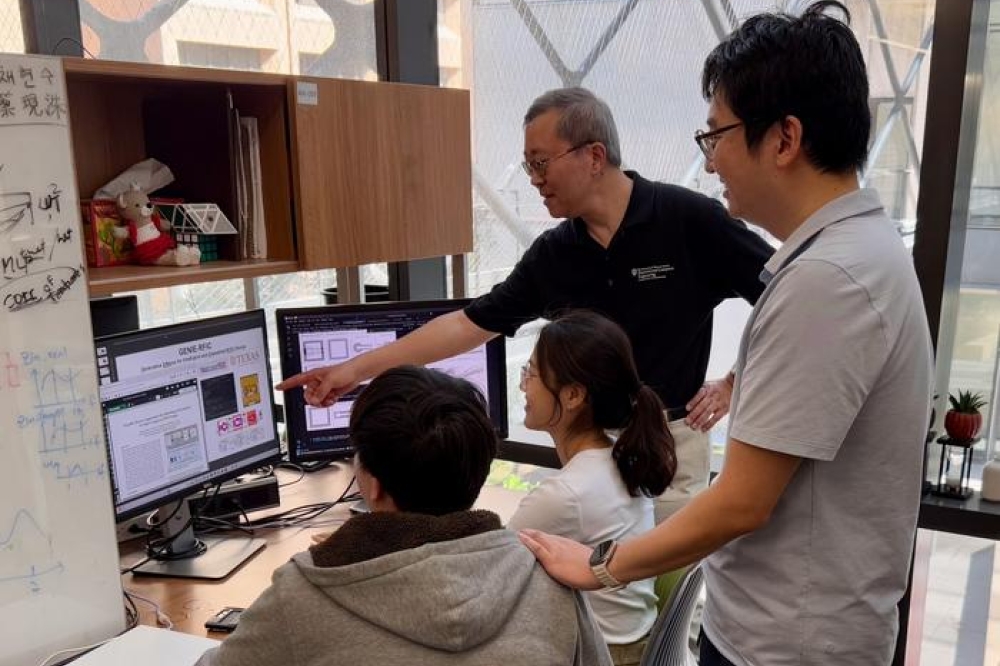
A team led by researchers from the University of Texas at Austin plans to add AI into the design process for developing high frequency comms chips.
The project 'GENIE-RFIC: Generative ENgine for Intelligent and Expedited RFIC Design' will focus on GaN MMICs and CMOS RFICs. The idea is that AI-driven tools will perform rapid 'inverse' designs based on target specifications, optimising circuit topologies and parameters.
A startup company, CircuitGenie, has been set up to commercialise technologies from this program.
"Design productivity is a huge problem for RFICs; in most cases, it takes at least months to design a single chip," said David Pan, the project's principal investigator at the University of Texas. "Our goal is to significantly enhance design productivity by reducing development time and cost through an AI-assisted design flow, while also lowering the experience barrier for performing RFIC designs."
However, "Golden simulation," says Pan would still come at the end to finalise the work and make sure the chips perform as they're intended.
Scientists at Purdue University, George Washington University; the University of Texas at Dallas; and, Rice University are collaborating on the project along with researchers at IBM, Cadence, and GlobalFoundries. Unfunded contributors include Texas Institute for Electronics, Qorvo, NVIDIA, Boeing, Texas Instruments, Analog Devices, and MediaTek.
To support this research, the team received a $9.6 million, 30-month award from Natcast, a nonprofit that operates the US National Semiconductor Technology Center (NSTC).












